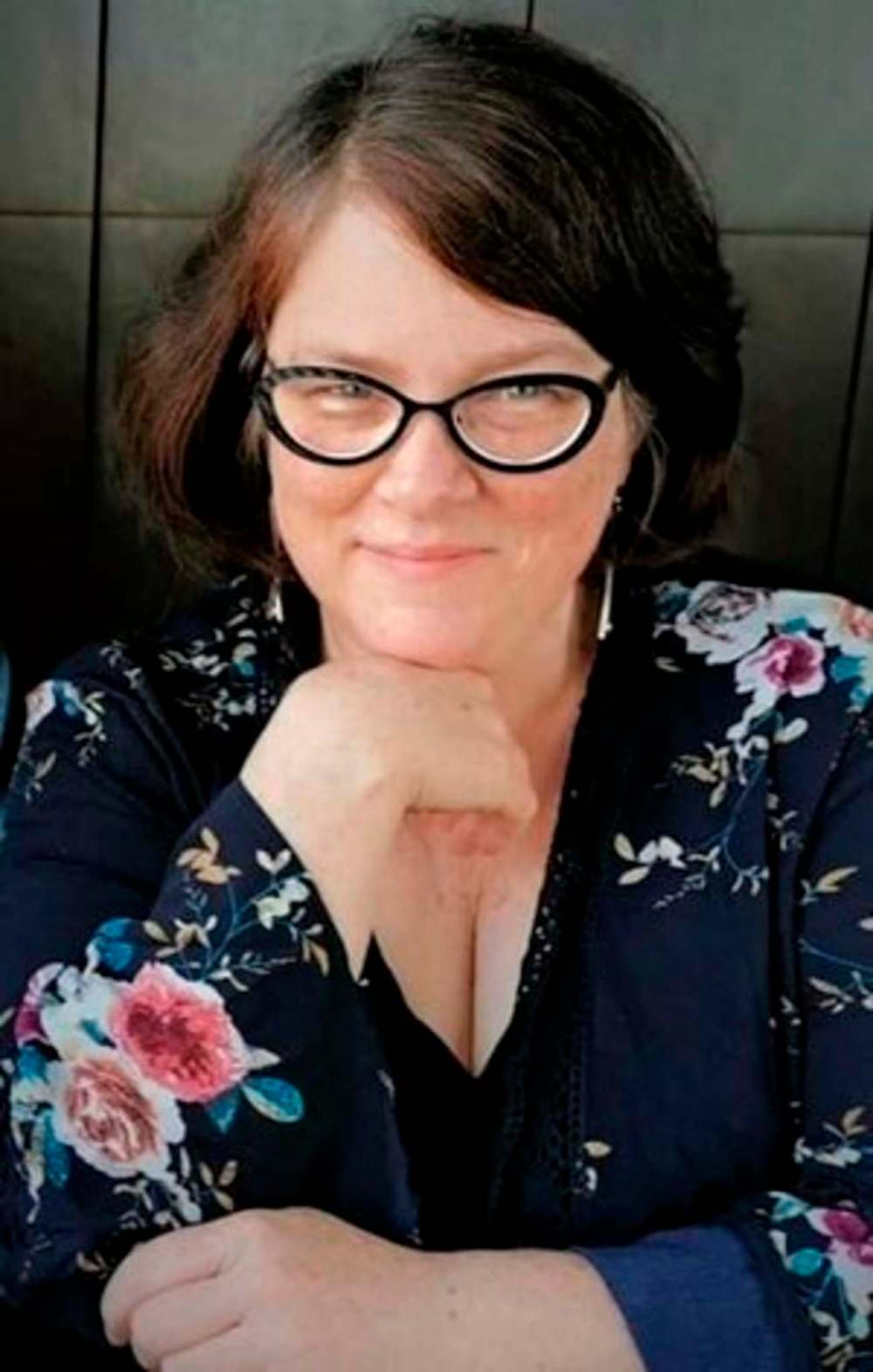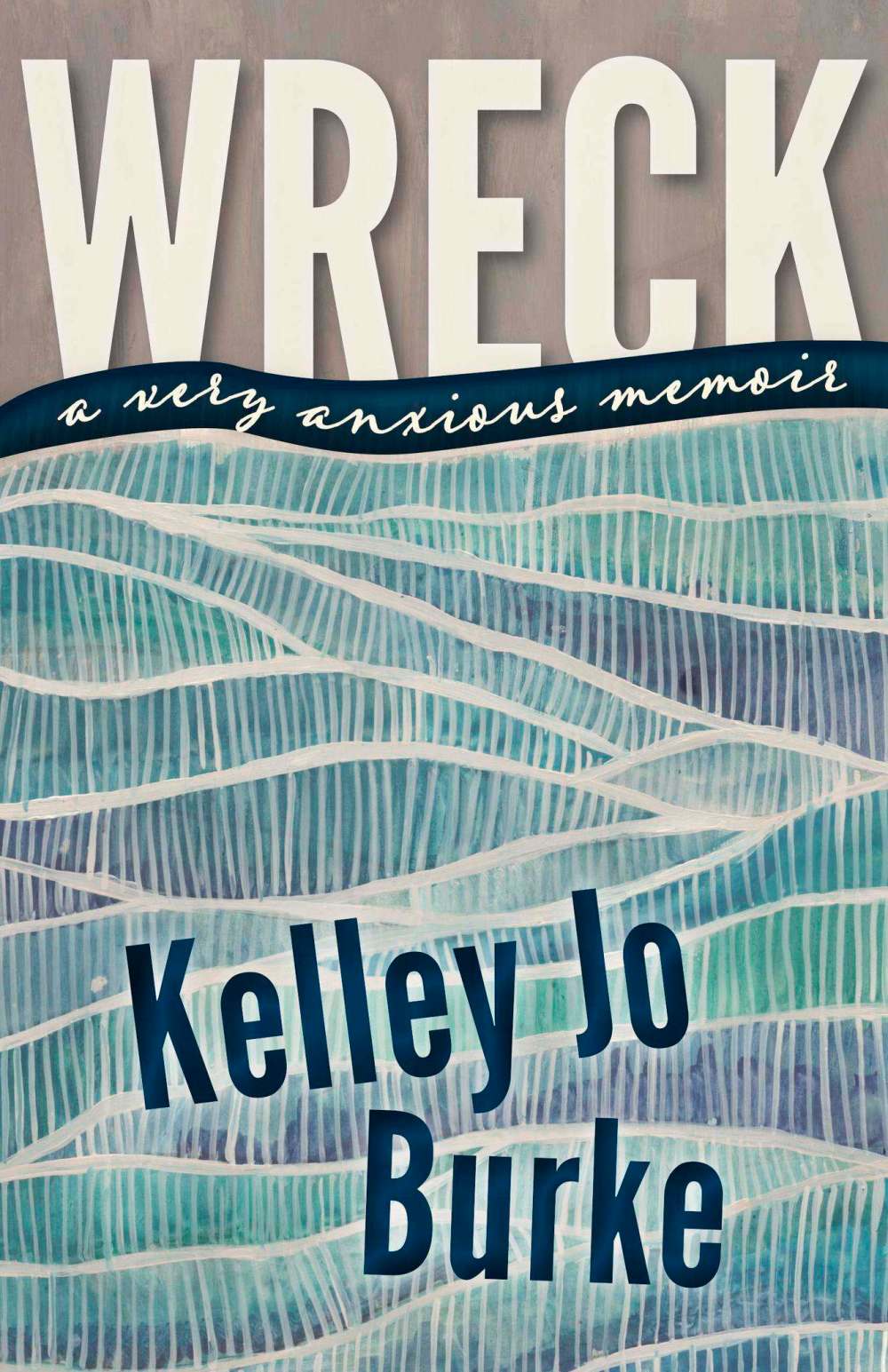Playwright ponders impact of early unease
Advertisement
Read this article for free:
or
Already have an account? Log in here »
To continue reading, please subscribe:
Monthly Digital Subscription
$1 per week for 24 weeks*
- Enjoy unlimited reading on winnipegfreepress.com
- Read the E-Edition, our digital replica newspaper
- Access News Break, our award-winning app
- Play interactive puzzles
*Billed as $4.00 plus GST every four weeks. After 24 weeks, price increases to the regular rate of $19.00 plus GST every four weeks. Offer available to new and qualified returning subscribers only. Cancel any time.
Monthly Digital Subscription
$4.75/week*
- Enjoy unlimited reading on winnipegfreepress.com
- Read the E-Edition, our digital replica newspaper
- Access News Break, our award-winning app
- Play interactive puzzles
*Billed as $19 plus GST every four weeks. Cancel any time.
To continue reading, please subscribe:
Add Free Press access to your Brandon Sun subscription for only an additional
$1 for the first 4 weeks*
*Your next subscription payment will increase by $1.00 and you will be charged $16.99 plus GST for four weeks. After four weeks, your payment will increase to $23.99 plus GST every four weeks.
Read unlimited articles for free today:
or
Already have an account? Log in here »
Hey there, time traveller!
This article was published 28/08/2021 (1504 days ago), so information in it may no longer be current.
Every life is a combination of a variety of influences, from personal traits and choices to generational trauma to childhood experiences that shape a person’s later life.
In Wreck: A Very Anxious Memoir, Kelley Jo Burke describes how her early life, especially her troubled relationship with her grandfather, affected her outlook, increased her anxiety and shaped her choices in life.
Burke is a playwright, creative non-fiction writer and documentary maker living in Regina. She is also a past host of the CBC radio show SoundXChange. Burke has won several literary awards, including the Saskatchewan Lieutenant-Governor’s Award for Leadership in the Arts. Eight of her creative non-fiction documentaries have played on CBC’s Ideas program.
Family history, life directions and ideas of what constitutes a home are integral to this memoir. As the author explains, she considers her real home to be her grandparents’ cottage in Maine, rather than Winnipeg, where she grew up, or Westminster, Mass., where she was born. Life there was often far from calm and serene, as her grandfather “sort of murdered” her grandmother by refusing to allow her to remain in hospital, besides managing to drive almost every family member away. Even so, Burke still has close emotional ties to the area where her grandparents lived.
Despite the traumas that she experienced in Maine with her grandfather’s behaviour and her grandmother’s death, Burke feels drawn to the place where her grandparents lived, returning there both physically and in her mind. The memoir circles around the grandparents’ home and the author’s fascination with the ocean and the animals that live there.
Several times, Wreck returns to the theme of lighthouses, with reference to Virginia Woolf’s famous 1927 novel To the Lighthouse. Burke relates stories of her family ties and shows how even the most troubled relationships can have deep roots that continue to influence people in later life. Throughout the book, her grandmother’s presence is very much a part of the story, even years after her death.

The nature of truth and memory is an ongoing theme in Wreck. The author begins with a preface describing her family history of lying and describes herself as a recovering liar. Yet despite this, she says, the memoir has a core of truth that only she could tell. This preface helps explain a section later in the book, where the author gives several potential scenarios for what might have happened to her grandfather in his last years.
Despite certain sections that are somewhat confusing, the book is an interesting and engaging portrayal of the author’s struggle to understand the source of her own anxiety and to discern the truth of her early years. All of this takes place in the context of conflicting memories and sometimes uncertain feelings, together with reflections on the influence of class structure in the United States.
Chapters generally alternate between the 1990s and more recent history in 2017 and beyond, with a few accounts of the author’s early years in the 1960s. The author uses a variety of styles, such as italics or theatre-dialogue format, throughout the book to convey emotions and to set certain sections apart. Footnotes scattered throughout the text give it a somewhat formal appearance, although the writing style is casual and easy to read.
Wreck: A Very Anxious Memoir is an interesting, if somewhat odd, book. With elements of fiction and memoir intertwined, the author has written an engaging and thought-provoking story of class structure, family ties, and the nature of memory that readers will enjoy.
Susan Huebert is a Winnipeg writer and editor.


